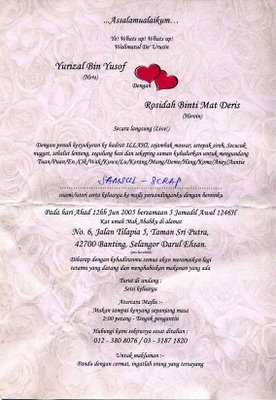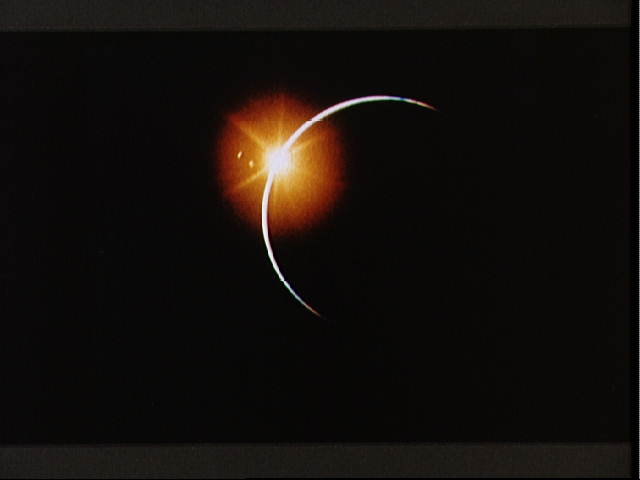::The Traveller’s Log::
VARDAR MACEDONIA
I : The train conductor
‘And she, Deucalion’s daughter,
Of Zeus, the thunderer,
Bore two sons;
Magnet and Macedon – a cavalryman, a warrior…’
[Hesiod, Days and Deeds, (7BC)]
Pogradeci was majestically white when we woke up that morning. Snow was everywhere, flirting with the wind before dropping gently onto cars, roads, and rooftops that were bare just the night before.
We arrived at the town last night, on the dilapidated Albanian train, trut-tuting from Elbasan, a drab, uncharacteristic town, passing thorugh central Albania. As we came close to the northern side of Lake Ohrid, which forms the Albanian-Macedonian border, the train conductor, a burly man, and his friend, an army officer barged into our compartment, which we had shared along half of the way with an inquisitive bunch of chain-smoking Albanians, and rather rudely asked for our passports. They barked and scowled to us while we poured out the content of our backpacks onto the floor trying to find the documents, as though we were criminals, which we were not, thank you very much; so I shot a protesting look at the conductor. That did not abate his aggressiveness but something else did.
Flipping through my passport, he saw my name and recognising its Turkish origin, raised his eyebrows in amazement. With a surprised look on his face, he looked twice at me, tugged at my goatee and asked if I was a Muslim. In une fractione seconde, his attitude completely changed.
Through my knowledge of pidgin Albanian and Turkish, I understood that he wanted us to know that he was a Muslim too and he was greatly happy to find some fellow Muslim travellers from the East in his country. “Merhaba! Merhaba!” he pat my back, and set to ask other things; my family, where do I study, what I am doing here, Muslims in Malaysia; the normal questions. His gentleness now surfaced and elated with joy myself upon finding a fellow brother in faith, I entertained all his questions at my best, told him everything he wanted to know, and showed him the books on Albania and Macedonia that I carried me, and the photos we had taken during the trip in Albania. Oh, how he was delighted to see pictures of Berat, and Tirana, and Kruja. “Yes, yes, I have been here too. Many years ago… Oh, isn’t it nice this place, here… Yes, Skenderberg is famous… bla…bla…”
Much pleased by what he found out, he took on the role of a tourist guide almost immediately. ‘Come with me,’ he had said, as the train continued to cruise along the western side of the lake. Pogradeci lies at its southern end, and now the train was slowing down as it tried to manoeuvre the many corners along the rail line which follows the lake’s perimeter religiously. The lake, one of Europe’s largest and most beautiful freshwater source, was bathing in moonlight outside.
“Can you see those lights over there’, he pointed to the far end of the lake on my left. “That’s Struga town. And now, directly in front, across the lake from us is Ohrid, where you said you want to go tomorrow. You may find a taxi from Pogradeci,” now he vaguely pointing to the furthest clusters of lights on the end of lake on my right, “…that may take you to the border, or if you are lucky, even all the way to Ohrid.”
“Is the border open for foreigners?” I heard myself asking. The border regulation in former Yugoslav republics was still clouded in mystery. This part of the world was only recently opened up to travellers, thanks to prolonged consecutive, regional and internal, political and armed, upheavals. I have read notes from travellers at several internet forums saying that the border road between Pogradeci and Sveti Naum was opened to foreigners, but there were also others who had warned otherwise. Most travellers cross the border at the north end of the lake, using the Kafasan border control. We could have jumped off the train at the border town of Pishkupat earlier had we intended to do the same, but I was informed that if I take the southern route, I may pass through the Sveti Naum monastery on the way, purportedly one of the best example of old Macedonian churches.
The monastery is of great interest as it is associated with the Macedonian Naum (835-910), who together with Clement, was like the brothers Kiril and Metodi, in that he was very influential in the spread of Christianity to the region. Both Naum and Clement had actually been students of the brothers, accompanying them in their journey to Moravia and Hungary to teach the religion to the Slavs. It was these travels that brought the existence of the Glagolithic and Cyrillic scripts. Clement later set up a monastery in Ohrid when he was appointed a bishop by Tsar Simeon, the founding father of freed Bulgaria. He had asked his fellow disciple Naum to help him teach the scripture, in the Glagolithic script, to their ever-increasing audience. The script lasted at least until the 12th century before the more dominant Cyrillic completely replaced it. Naum set up another monastery at the southern end of the lake when the demand for entrance to the original monastery in Ohrid was so high. When he died, he was interred in the church’s vault. Locals believed that anyone who stands on his crypt and put their ear to the wall will be able to hear Naum’s heart beating, even today. Perhaps I will ever find out if this is true, I had mused over that thought as I sat planning the trip two months before.
The aggressive-turned-friendly conductor now replied, “Yes, my friend. The border, since the Yugoslav republic is gone, is now open. But that is for tomorrow to worry about. Now, let me ask you, what do think of this lake?” His hands spread out towards the lake, a smile and a sign of love on his face. The conductor, whose unmistakably Albanian name escapes me, spent the next five minutes extolling the beauty of the lake in Albanian, while I stood beside him, nodding knowingly though in fact was trying hard to understand this very unfamiliar, one of the most ancient mainland Europe tongues, the Sqhipe.
Once in a while he will stop to ask if I understand what he said. Too bad, against all my principles, I said yes: clearly a lie. In any case, he could do no better anyway if I had said no.
He mentioned the name of the fishes, letnica and belvica trouts, which are the reason why the lake is special, reminding me very much of the story of Lake Bala in north Wales and its special fish. Lake Ohrid, as also Macedonian’s Lake Prespa and Lake Dojran, is a tectonic lake, meaning that it was formed millennia ago from movements in the tectonic plate. Lake Ohrid in particular is so old and the lifeform in the lake so unique that it is also comparable to Lake Baikal in Rusia and Lake Titicaca in Peru/Bolivia, and for this reason it is under UNESCO protection.
As we speak, the train came to a jolt and halted. We had arrived at Pogradeci, the southern terminus of the train, the conductor announced. He instructed me and my companion to get our backpacks from our coach. I thought he would leave us at this point but “No”, he said, “you are my guest, come with me”. He walked quickly, and skilfully, off the train. As the train was lightless, my friend and I had to slow down, taking time to try very hard to locate the steps down in the darkness.
Albanian train is one of the worst I have ever been, though the extremely slow Syrian train still tops the list. Both are extremely cheap by Western standard. The 6 hours overnight journey between Damascus and Aleppo costed me only 50 pence, for a student-rate Darjah ‘Ula, first class,. This Elbasan-Pogradeci trip, more than half the distance, was about half that fare. But while the Syrian train offers student discount and would allow me the second class (Darjah Thani), there was no student discount on the Albanian train. I had asked the lady at the ticket counter if they could sell me the third class seats but she adamantly refused to sell me one. “Tourists, no class three. Class two! Class two!”
Full of curiosity, before boarding the train I went to see the third class to find out why. Then, I understood. The third class was actually seat free coaches; people, old and young, stood up, or crouched or sat cross-legged on the dirty, muddied floor next to their produce: coops of hens, bundle of grasses, and herds of goats etc. No wonder she wore an apologetic look on her face when she refused my request.
But then, the compartment seat was not that good either. Signs of wear and tear were everywhere. Had I not been on the Syrian train, which was worse, with planks of hard woods as seats and immovable windows in the second class, I would have bored my travelling companion to death with trails of grunts and complaints.
Finding the ground safely at Pogradeci, my friend and I trotted quickly behind the conductor and his army friend. I caught a glimpse of the run-down, very small and grim train station, where I had actually planned to lie down for the night. Except for the wooden ticket office, the station was roofless and benchless; no way could we be able to sleep there.
Everyone either already had someone waiting with a car or crept into one of the waiting local minibuses or taxis to get to Pogradeci town-proper, 5 miles away. The train conductor by now had been joined by a few more people in uniform; one of them was introduced to us as the Chief Police of the town. They looked friendly and very welcoming, but as we were ushered onto a police minivan, my friend and I exchanged nervous glances, and started to have serious doubt.



